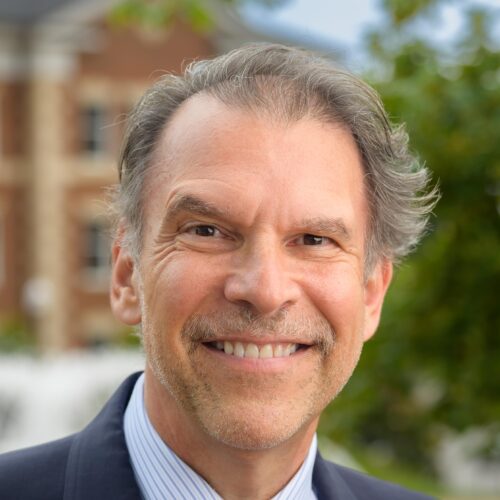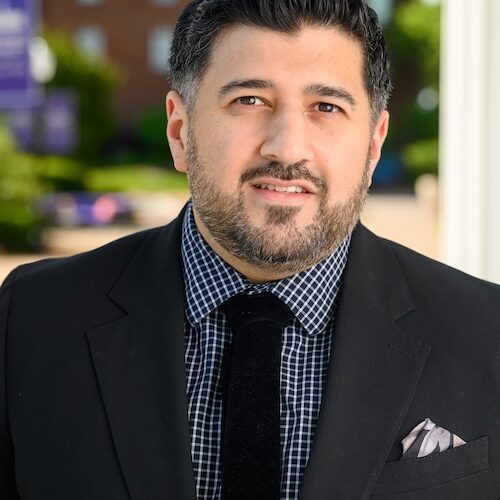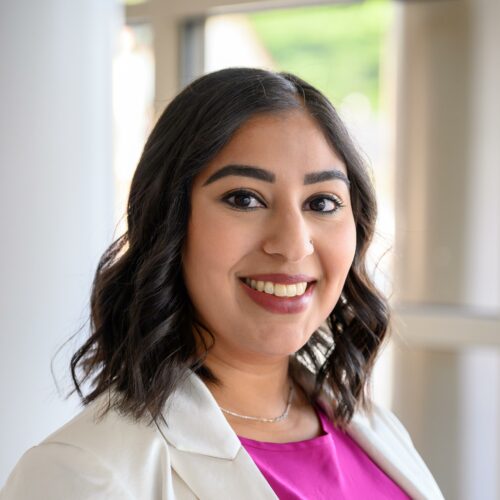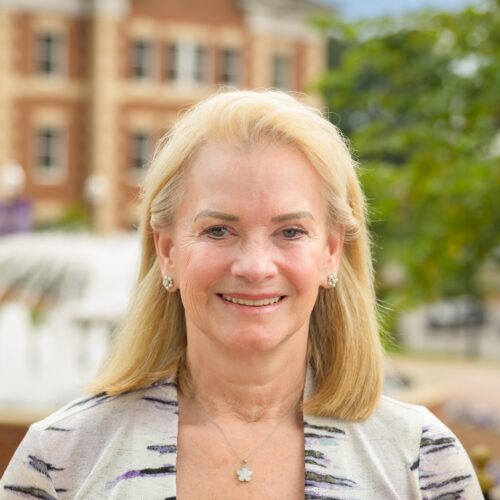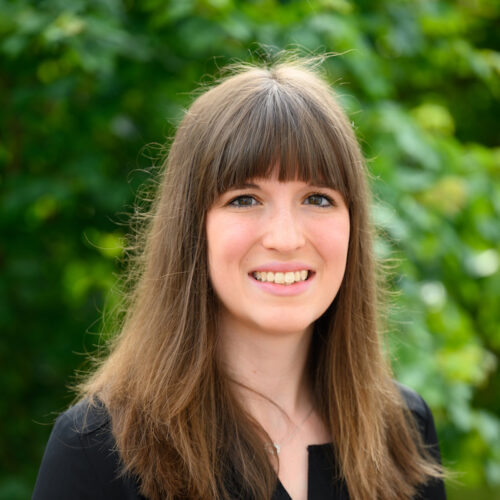Our AEGD Residency is designed to broaden our Resident’s professional knowledge and clinical skills to the point that they can provide a broad spectrum of dental services for patients with complex needs. The program will promote long-term Continuing Dental Education to keep learners abreast of new innovations and treatment options in oral healthcare.
All clinical practice areas for students will be within the planned academic oral health system. The AEGD Program is to have its residents scheduled at High Point University Oral Health Network state-of-the-art specialty hubs and community practices.
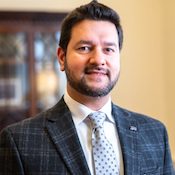
Dr. Ali Shazib is the Dean and Chief Clinical Officer for the Workman School of Dental Medicine. Originally from Chapel Hill, North Carolina, he received his Doctor of Dental…
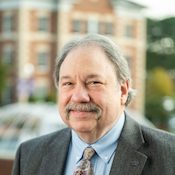
Dr. Benjamin Dyer is a Professor and Director in Advanced Education in General Dentistry for the Workman School of Dental Medicine. Originally from Pittsburgh…
The 6 Major Overall Program Goals and Objectives
-
Act as a primary health care team member by providing multidisciplinary and comprehensive oral health care to a variety of patients with diverse needs in a competent and effective manner.
- Obtain and interpret a patient’s chief complaint, history of present affliction, medical, dental, family, cultural, and social histories, and review of systems.
- Develop either a comprehensive or limited diagnosis and treatment plan incorporating historical, laboratory, radiographic and clinical findings.
- Diagnose and manage dental emergencies, performing uncomplicated or reversible techniques when indicated.
- Provide initial treatment and then manage patients with extraoral and complex oral facial emergencies and infections.
- Anticipate, diagnose and provide initial treatment and follow-up management for medical emergencies that may occur during dental treatment.
- Evaluate the need to use behavioral or pharmacologic modalities in management of pain and anxiety based upon psychosocial factors and anticipated clinical procedures.
- Prevent, recognize, and manage complications related to the use and interactions of drugs used to control pain and anxiety.
- Identify needs and make referrals to appropriate health care providers for the treatment of non-dental problems presented by dental patients.
- Integrate multiple disciplines into an individualized, comprehensive, sequenced treatment plan using diagnostic, risk assessment and prognostic information for patients with complex needs.
- Develop and carry out dental treatment plans for special needs patients in a manner that considers and integrates those patients’ medical, psychological and social needs.
- Restore both single and multiple tooth situations using a functionally acceptable range of materials and methods.
- Treat pedodontic patient’s restorative and space maintenance needs.
- Restore endodontically treated teeth.
- Appreciate the relationship between periodontics and esthetic dentistry.
- Understand the indications and contraindications for periodontal flap surgery, periodontal plastic surgery, and other surgical techniques.
- Diagnose and manage periodontal emergencies.
- Perform atraumatic periodontal surgery concentrating on gentle flap management and suturing.
- Diagnose and treat pain of pulpal origin, to include performing uncomplicated, non-surgical endodontic therapy.
- Recognize and manage endodontic complications and emergencies.
-
Apply concepts of patient, support and allied dental personal management, practice management, and quality assessment and improvement within different dental healthcare environments.
- Become familiar with business principles and financial tools necessary to run a dental practice.
- Effectively manage clinical and support staff.
- Develop an understanding of the importance, theories, and models of leadership.
- Become familiar with differently structured dental delivery systems and management organizations.
- Maintain a dental/medical record that expedites obtaining needed information in a timely manner.
- Understand the components and function of a comprehensive quality improvement program.
- Demonstrate knowledge of appropriate digital photographic principles and techniques.
- Foster an atmosphere where the principles of jurisprudence and ethics are practiced in dealing with patients and staff.
-
Gain experience in multiple and varying health care environments and locations, with interdisciplinary health care teams. Environments to include specialty disciplines at hubs and related sites and while with Oral Medicine faculty during Oral Medicine and Oncology rounds at Oral Health Network locations and partners.
- Provide dental care in an interprofessional health care team including providing pre-procedure clearance and treatment for clearance.
- Diagnose and manage oral manifestations of systemic disease.
- Interpret appropriate laboratory data and obtain and use diagnostic information through consultation with other health care providers.
- Obtain experience with WSDM Oral Medicine and OMS faculty during dental/medical oncology patient experiences.
-
Be able to evaluate scientific literature and incorporate the information with evidence-based treatment decisions.
- Evaluate scientific literature and incorporate the information with evidence-based treatment decisions.
-
In a multifaceted manner, understand and utilize the principles of jurisprudence and ethics in decision making involving patient care and interactions with others.
- Discuss and understand the principles of jurisprudence and ethics relating to dental practice.
- Foster an atmosphere where the principles of jurisprudence and ethics are practiced in dealing with patients and staff.
- Understanding the importance of obtaining informed consent.
- When treating special needs patients, appropriately communicate with the patient or guardian all findings and treatment options, treatment sequencing, expectations, fees, estimated treatment timelines, sequence of treatment, responsibilities etc., to establish a cooperative treatment relationship between the patient and/or parent or guardian, and dental provider.
-
Understand the oral health needs of communities and engage in community service.
- Understand the oral health needs of communities and engage in community service.
AEGD RESIDENCY APPLICATION PROCESS
All candidates will be assessed on their knowledge, experience, attributes, and capabilities. HPU AEGD Program will seek candidates with diverse backgrounds, unique experiences, and extraordinary aspirations who are prepared for an immersive and patient centered learning experience. All candidates will be assessed on their knowledge, experience, attributes, and capabilities. All candidates must be graduates of American or Canadian CODA-accredited dental schools and will be assessed on their knowledge, experience, attributes, and capabilities. Our application process is voluntary and non-discriminatory. Candidates who are responsible, empathic, ethical, and eloquent will be sought.
AEGD program admission process will include using the American Dental Education Association (ADEA) Postdoctoral Application Support Service system (PASS). Our program also uses the HAPTIC Simulation units to evaluate psychomotor skills while doing common restorative dental procedures.
Screening will continue with the Director and AEGD Admin reviewing and selecting candidates based on cognitive and non-cognitive factors. Individuals considered will be invited for online/onsite interviews conducted by an admission committee potentially consisting of several of the following faculty: AEGD Director, Assistant Dean for Curriculum Innovation and Assessment, Assistant Dean for Clinical Care/Chief Dental Officer, Senior Associate Dean for Administration and Finance, Director of Student Admissions and Engagement and Assistant Dean for Student and Professional Success. Additional practice and specialty hub faculty will be included as deemed appropriate.
INSTRUCTION CONCENTRATION
- Dental Intraoral Photography
- Endodontics
- General Dentistry Topics including Treatment Planning
- Oral and Maxillofacial Surgery
- Oral Medicine, TMD and Orofacial Pain
- Oral Pathology
- Oral Radiology
- Pedodontics and Orthodontics
- Periodontics and Implants
- Practice Management
- Prosthodontics
SALARY:
VACATION/HOLIDAY:
MEDICAL/LIFE INSURANCE:
The program in advanced education in general dentistry (12-month) is accredited by the Commission on Dental Accreditation [and has been granted the accreditation status of “initial accreditation”]. The Commission is a specialized accrediting body recognized by the United States Department of Education. The Commission on Dental Accreditation can be contacted at (312) 440-4653 or at 211 East Chicago Avenue, Chicago, IL 60611. The Commission’s web address is: https://coda.ada.org/. The Commission on Dental Accreditation has accredited the program in advanced education in general dentistry (12- month). However, accreditation of the program does not in itself constitute recognition of any dental specialty.


